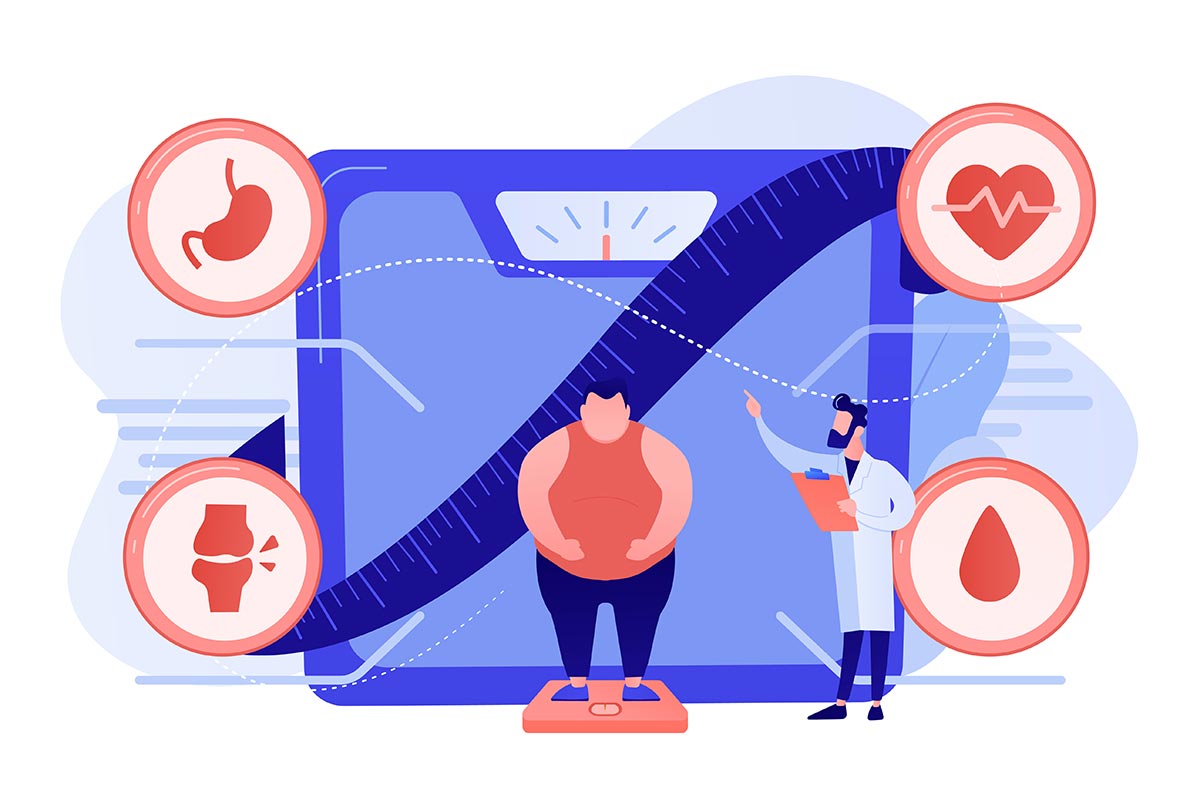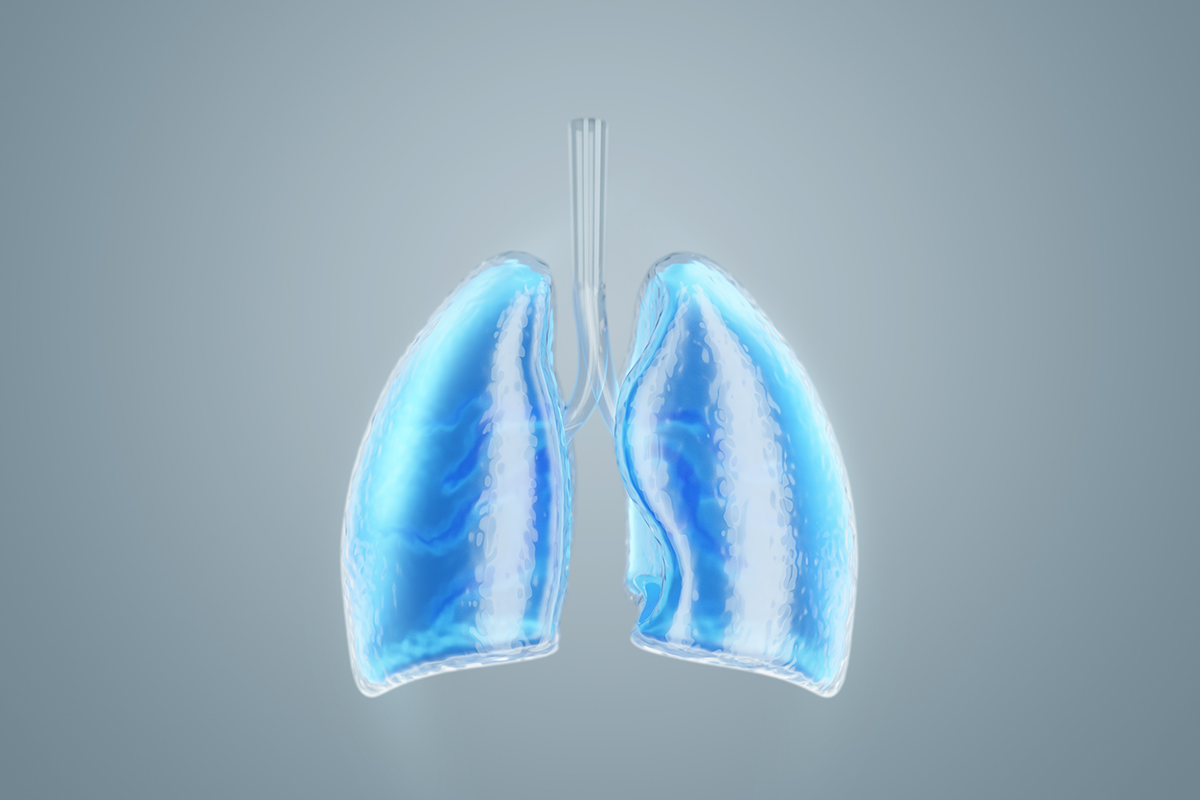
Is cancer and obesity related? How to Prevent Cancer and Obesity
Is cancer and obesity related? How to Prevent Cancer and Obesity
Did you realize that having a hefty body mass index puts you at higher risk for cancer? Adenocarcinoma of the esophagus, Breast (in women who have undergone menopause), colon and rectum, uterus, gallbladder, upper stomach, kidneys, liver, ovaries, pancreas, thyroid, meningioma (a type of brain cancer), and multiple myeloma are among the 13 cancers that are more likely to develop in people who are overweight or obese. Despite the fact that there are many risk factors for cancer, quitting smoking and keeping a healthy weight are two of the most crucial actions to take.
Hormone levels, gene modifications (also known as mutations), chronic infections, and alcohol usage are additional risk factors. Although being overweight or obese does not make someone more likely to develop cancer than someone who maintains a healthy weight, it does increase their risk.
A weight that is higher than what is deemed a healthy weight for a given height is referred to as overweight or obesity. Overweight adults are those with a BMI of 25.0 to 29.9 or above. The BMI threshold for obesity is 30 or higher. In children and adolescents, the BMI is calculated and interpreted differently. The average BMI of other kids their age is regularly used to compare children's BMIs.
How Does Obesity Influence Cancer Risk?
Overweight and obesity can alter the body in ways that can result in cancer. Examples of these alterations include chronic inflammation and higher-than-normal amounts of sex hormones, insulin, and insulin-like growth factor. The chance of developing cancer increases with the amount of extra weight a person obtains and the length of time they are overweight.
Large and many visceral fat cells have little room for oxygen. A low oxygen atmosphere also encourages inflammation. The body's natural response to injury and illness is inflammation. On the other hand, chronic inflammation brought on by too much visceral fat can injure the body and raise the risk of cancer.
Why is an increased risk of cancer linked to being overweight?
After examining the connection between body weight and cancer risk, researchers found many explanations for how being overweight can increase cancer risk.
Increased insulin and insulin growth factor-1 (IGF-1) levels are associated with an increased risk of developing various malignancies.
Additionally, fat tissue makes more estrogen, which contributes to the growth of various malignancies, including breast cancer.
Obese people are more likely to experience chronic, low-level inflammation, which has been associated with a higher risk of developing cancer.
The body's ability to control the growth of cancer cells is affected by fat cells.
A balanced diet, maintaining a healthy weight, and engaging in regular exercise all help lower the chance of developing cancer.
The following guidelines should be followed to prevent obesity and cancer. Keep your body weight within a normal range all your adult life.
A healthy weight should be maintained throughout one's life since it is one of the most crucial measures to prevent obesity and cancer. We have a lot of options for managing most malignancies and preventing weight issues. While many people believe they may lower their risk of developing coronary heart disease, they view most malignancies as a serious, incurable health issue. According to research, only a small proportion of malignancies and weight issues are hereditary, whereas food, nutrition, exercise, and body composition all play critical roles in the prevention of the majority of cancers and weight gain.
Take part in at least 30 minutes of physical activity each day.
Physical activity in all its forms guards against certain malignancies and weight gain. However, it's recommended to engage in moderate exercise, like brisk walking. As your fitness level rises, aim to engage in daily activities that are increasingly strenuous.
Reduce your calorie intake and stay away from sugary beverages.
Avoiding calorie-dense foods, such as fat-rich fast food, processed foods like chips and candy bars, and even healthier alternatives like bagels, pretzels, and dried cereals, is the best way to prevent weight gain. This is because all dry, processed foods have a high calorie density per unit of volume. It is simple to ingest 1,000–2,000 calories before reaching a state of fullness.
Eat a lot of plant-based foods
Five servings of fruits and vegetables each day, along with relatively unprocessed whole grains or legumes with each meal, are essential. While being low or relatively low in calorie density, fruits and vegetables include a large amount of dietary fibre and a range of micronutrients.
You should consume less red meat and stay away from processed meat.
The most likely causes of colon, esophagus, lung, stomach, and prostate cancer are likely to be red meats like beef, hog, and lamb as well as processed meats like sausage, bacon, hot dogs, salami, and ham. The risk of weight gain is also increased by the fact that "diets heavy in animal fats are typically quite high in calories."
Limit your alcohol intake.
Alcohol consumption has been related to liver cancer as well as cancers of the mouth, throat, and colon. The cancer study advises those who drink alcohol to limit their consumption to no more than two drinks per day for men and one drink per day for women. These modest levels of intake are linked to a lower risk of heart disease only among middle-aged and older people since heart disease is a considerably larger issue in these groups.
Limit your salt intake.
Although it is used at far lower quantities than are typically seen throughout the majority of the world, salt is necessary for human health and vitality. It is believed that salt and foods with salt preservation are the root cause of some malignancies, most notably stomach cancer. The recommended daily sodium intake for processed foods with added salt is 2,400 milligrammes.
Eat to meet your dietary needs only; avoid using supplements.
Supplements intended to prevent cancer could have unintended adverse effects. Dietary supplements are not the best source of nutrients; food is.
Mothers should nurse their infants, too.
According to studies on cancer and other diseases, breastfeeding is preventive for both the mother and the kid.
For cancer survivors, heed the advice on cancer prevention.
Cancer survivors (all cancer survivors, before, during, and after active treatment) should adhere to the lifestyle recommendations described in the NCI study, if they are able and unless otherwise instructed.
Despite the fact that a number of variables can increase the risk of being obese, adopting a healthy lifestyle that places an emphasis on eating well and exercising can have a wide range of positive health effects. Avoiding obesity is a good idea. Eat fresh produce like fruits and vegetables, consume less salt, and stay away from refined carbs and fatty meats to lose weight. Smoking is not advised. It is advised to exercise every day. In this way, cancer can be avoided.
However, it's time to contact a doctor if you've made major lifestyle changes and are still putting on weight or are having trouble losing weight.



0 comments